Have you ever walked into your kitchen, seen a mountain of dirty dishes, and instantly felt stressed? According to psychology, letting dishes pile up could mean more than laziness or poor time management. It often hints at deeper emotional or mental struggles. Studies suggest clutter, including dirty dishes, reflects what’s happening inside our minds. From stress and anxiety to personality traits like creativity or defiance, messy kitchens tell a rich story. Understanding the emotional backdrop behind everyday messes can shift our perspectives on what cleanliness really represents. Let’s explore the hidden meanings behind those growing dish piles.
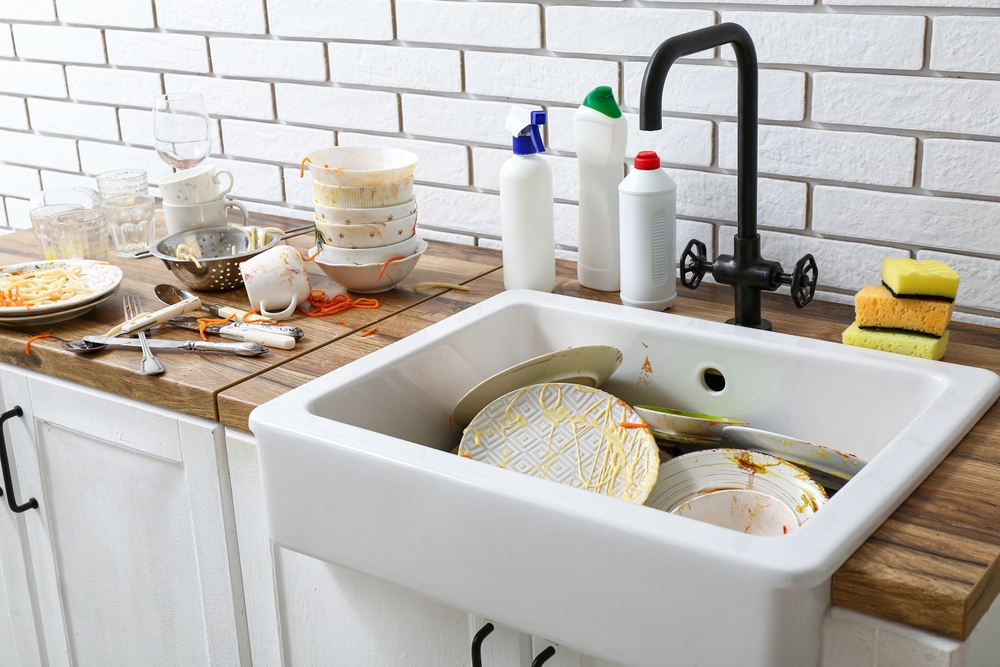
A Sign of Procrastination
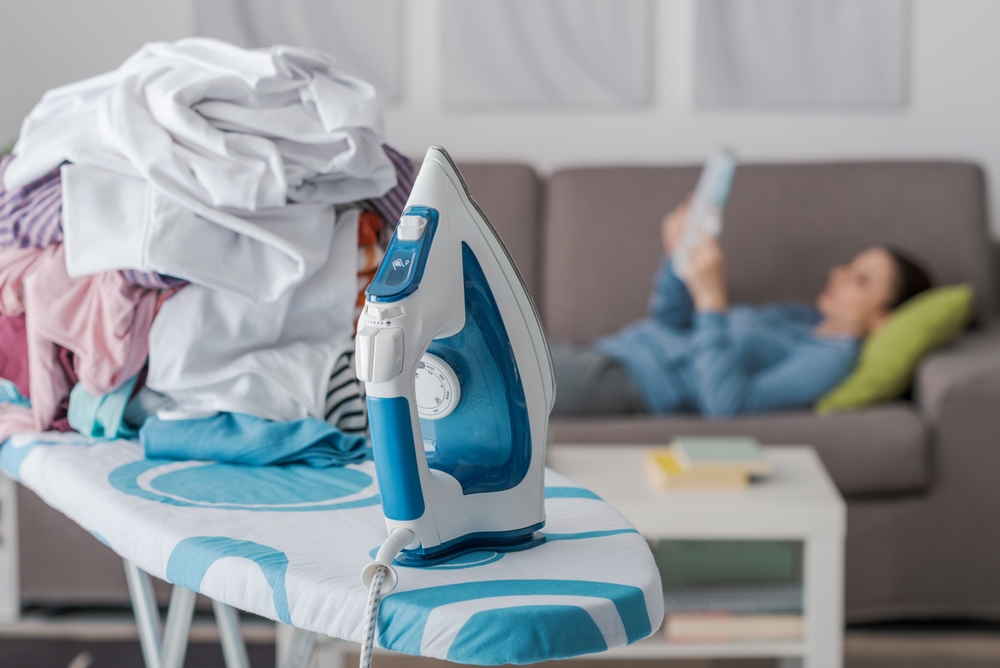
Procrastination is another reason dishes get left behind. It’s not about never doing them—it’s about delaying the task. Psychologists say procrastination often stems from fear, perfectionism, or emotional resistance. With dishes, the mind labels the task “non-urgent,” making it easy to ignore. Yet repeated delays pile up guilt and stress. The mess becomes both cause and effect of mental strain. Understanding procrastination helps people develop healthier coping mechanisms for overwhelming tasks.
Mess as a Reflection of Mental Health
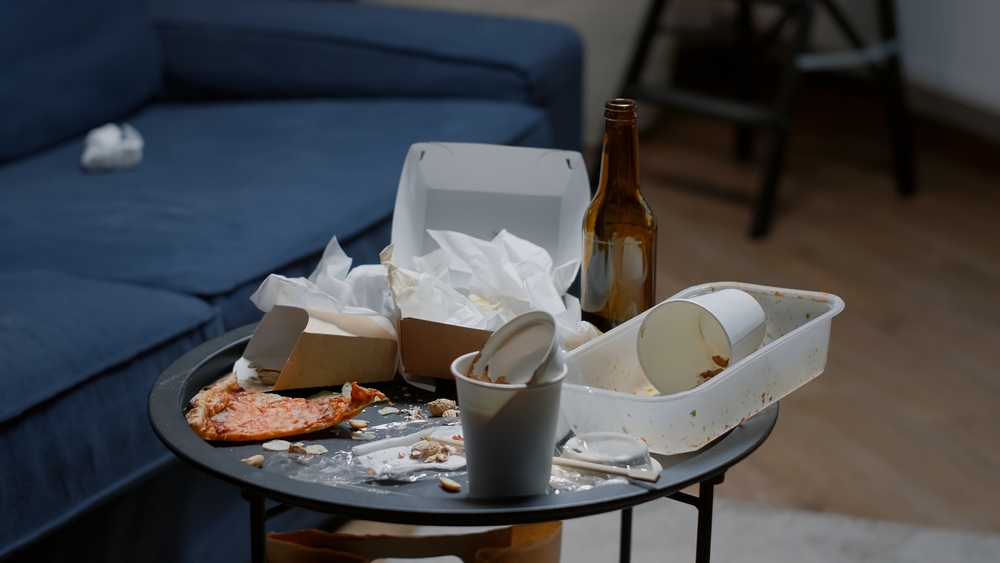
Messy kitchens often signal deeper mental health struggles. Depression and anxiety can lower motivation to maintain spaces. Executive dysfunction—difficulty starting and finishing tasks—is common in these conditions. Dishes pile up because mental energy runs low. It’s not about not caring; it’s about struggling to act. A cluttered kitchen often mirrors a cluttered mind. Recognizing these signs early on can prompt needed support and intervention.
Prioritizing Mental Rest

Sometimes, leaving dishes is a sign of self-awareness. Choosing rest over cleaning protects emotional well-being. Psychology supports prioritizing mental health over chores at times. Letting dishes pile up allows emotional recovery. It’s a strategic act of self-care, not neglect. Recognizing limits helps build long-term resilience. Making conscious choices to prioritize rest fosters better overall mental stability.
Clutter Can Increase Stress

Ignoring dishes may offer short-term relief but can increase stress. Studies show visible messes raise cortisol levels, especially in women. High cortisol links to stress, fatigue, and even weight gain. Initially, ignoring dishes feels freeing. Over time, the growing mess triggers low-level anxiety. Kitchen chaos wears down emotional resilience if left unchecked. Finding a balance between temporary relief and long-term health is important for well-being.
The Procrastination-Stress Cycle

Unwashed dishes often create a vicious cycle. Procrastination leads to clutter, clutter raises stress, and stress fuels more procrastination. This “clutter loop” can trap people in constant overwhelm. Each glance at the pile feels like a small failure. Motivation and self-esteem erode over time. Breaking the cycle starts with small victories, like washing just one plate. Simple actions can interrupt the loop and restore a sense of control.
A Marker of Creativity
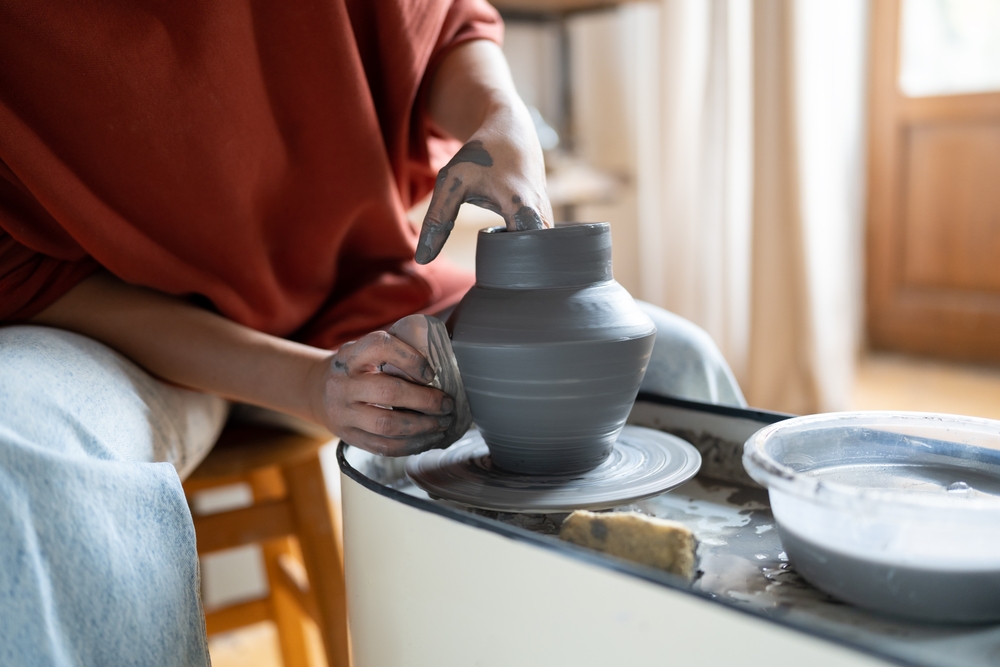
Not all messy kitchens indicate problems. Psychology links messiness to high creativity. Creative minds prioritize ideas over strict organization. A sink full of dishes may mean someone’s busy creating. Some studies even suggest clutter can boost innovation. For creatives, a messy kitchen can fuel imagination. Embracing a little chaos can sometimes open new doors to inspiration and productivity.
Low Conscientiousness and Mess

Personality traits also shape cleaning habits. Low conscientiousness often links to disorganization. People lower in this trait value spontaneity over structure. They might view dirty dishes as “no big deal.” This doesn’t mean they’re irresponsible—just differently wired. Understanding personality reduces harsh self-judgment. Recognizing these traits can help individuals find systems that work uniquely for them.
Acts of Defiance and Autonomy

Sometimes, dirty dishes represent quiet rebellion. Those from strict households may use messiness to assert freedom. Leaving chores undone becomes a way to reclaim control. In this view, a messy kitchen says, “I choose what matters here.” Psychology sees small acts of defiance as emotionally important. Messiness can symbolize autonomy. Personal environments often become a reflection of individual values and resistance to imposed expectations.
Temporary vs. Chronic Messiness
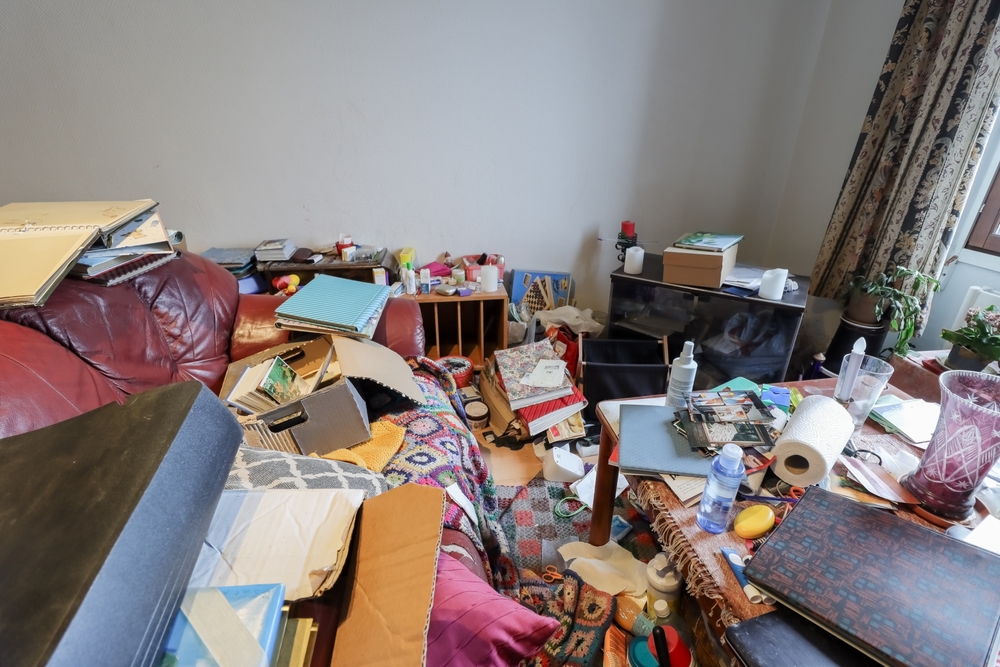
It’s crucial to separate temporary mess from chronic clutter. Busy periods often cause short-term dish piles. Chronic messiness, however, may signal deeper issues. Psychology encourages noticing patterns, not isolated incidents. Persistent overwhelming mess may call for emotional check-ins. Awareness is the first step toward positive change. Recognizing the difference can guide whether quick adjustments or deeper support is needed.
Cultural and Personal Differences
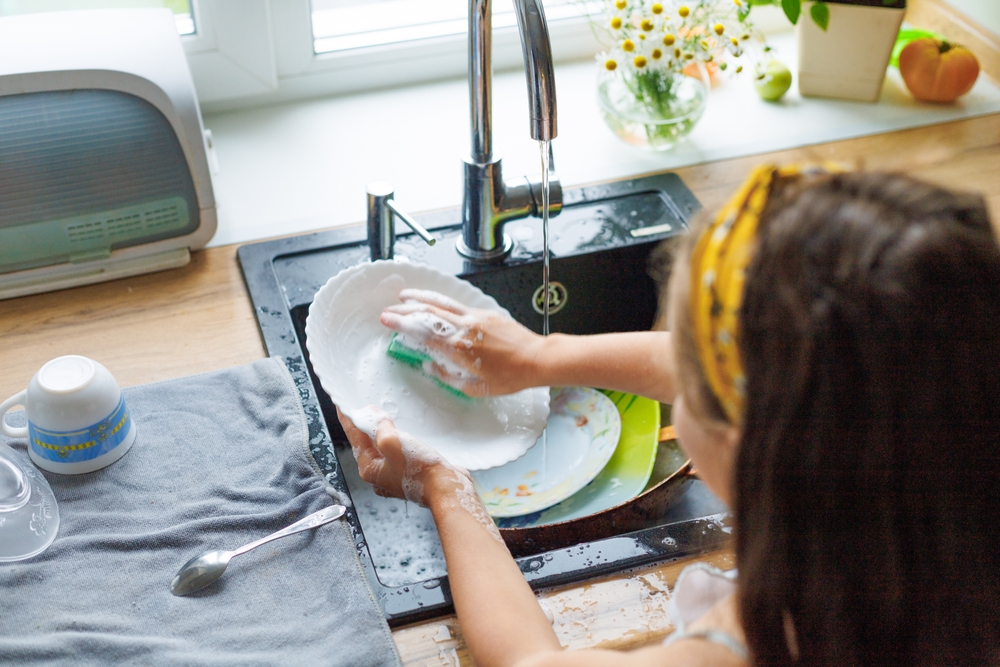
Views on dirty dishes vary by culture and upbringing. In some homes, a few dishes are no big deal. In others, cleanliness ties to respectability or self-worth. Psychology shows cleanliness standards are socially constructed. Recognizing this reduces unnecessary guilt. It also builds empathy for ourselves and others. Accepting diverse standards fosters a more compassionate perspective toward different lifestyles.
Breaking Free from the Guilt

Cleanliness guilt can be more damaging than the mess itself. Beating yourself up rarely sparks productive cleaning. Instead, guilt drains emotional energy. Reframing the situation as a temporary setback helps. Setting small, achievable cleaning goals rebuilds confidence. Progress matters more than perfection. Choosing kindness over criticism strengthens mental resilience and promotes sustainable habits.
The Bigger Picture Behind Dirty Dishes

Letting dishes pile up reflects much more than chore avoidance. It can reveal emotional overload, mental health struggles, or hidden strengths like creativity and autonomy. Instead of judging harshly, psychology encourages curiosity and compassion. Understanding our behavior offers a path to healing. Next time you see a pile of dishes, remember: it’s not just about the mess—it’s about the story behind it. Small changes and deeper understanding can transform how we view ourselves and our surroundings.